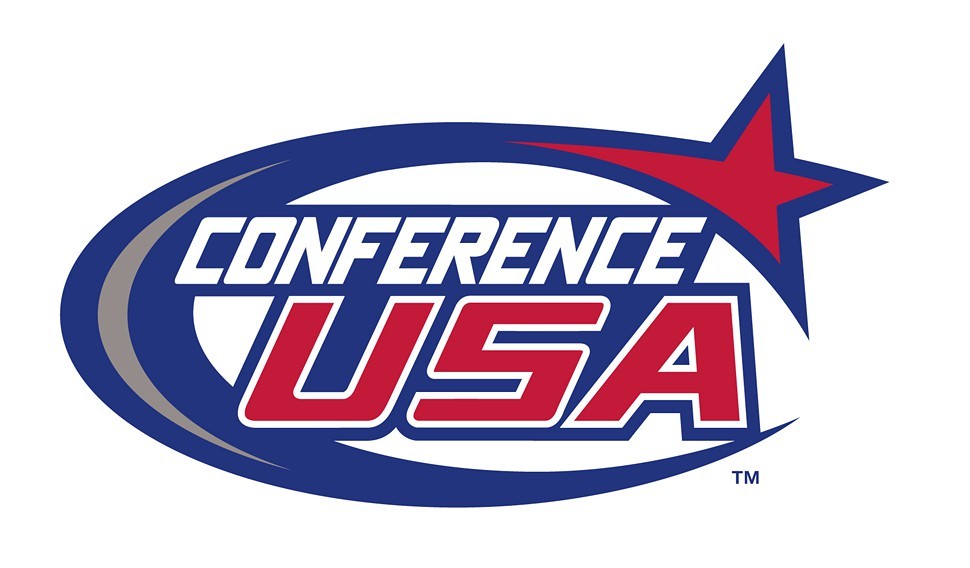It’s an all-too-common problem when parking downtown: You pull into a metered space, but you only have a few nickels. With the current rate of $1 an hour, those nickels only buy you a few minutes. You cross your fingers and hope to avoid a parking ticket.
But the city is currently seeking a vendor to install, maintain, and provide the associated software for new meters that will be capable of accepting credit cards as well as change.
The city put out a request for proposals seeking a vendor over the summer. Six firms sent in proposals, and the city is expecting to award a contract by early November. New equipment may be installed by spring.
“We see a great advantage to new equipment that can accept credit cards. That will increase the compliance rate,” said city engineer John Cameron. “If I only have a little change in my pocket, I might only be able to get 20 minutes of parking, whereas if I have a credit card, I could pay to stay there a full hour.”
The current parking meters, which are mostly located downtown with a few scattered throughout Midtown’s medical district, range in age from 10 to 30 years old. Most are digital, but the city still has a few of the old mechanical clockwork-style meters.
The engineer’s office is debating whether or not they want the new meters to accept dollar bills.
“From what we’ve heard, there are a lot of maintenance issues with cash acceptors. They get jammed. But we’re keeping the door open for that,” Cameron said.
New meters would be a mix of single-head meters and multi-space parking kiosks. The kiosks would be used on streets with five to six parking spaces per block.
“The kiosks are very effective, and they’re easier to collect funds from,” Cameron said. “But they’re more expensive, and there’s some charges associated with them so they wouldn’t break even for less than, say, five to six spaces on a block.”
The city currently has 1,200 meters, but Cameron said they’ve identified 200 more spots that could support meters.
“There are some blocks downtown where there are building basements under the sidewalk, so we can’t put a single head meter post in the sidewalk. The multi-space kiosks could be located away from the basement, and we can meter that piece of roadway,” Cameron said.
The new meters should also be easier to maintain. At any given time, there are a number of broken parking meters, and Cameron said the city relies on citizens to report those. However, the new meters will be fitted with wireless technology since they’ll be accepting credit cards. That technology will also serve as a way to alert the city when a meter is down.
As for the cost of parking, Cameron doesn’t anticipate a rate increase with the new meters, but he admits that Memphis is “well behind our peer cities in the rates we charge.”
The city brings in $400,000 to $500,000 per year from parking meters. Since the ability to accept credit cards may bring about better compliance, Cameron expects that figure to double once the new meters are installed.


